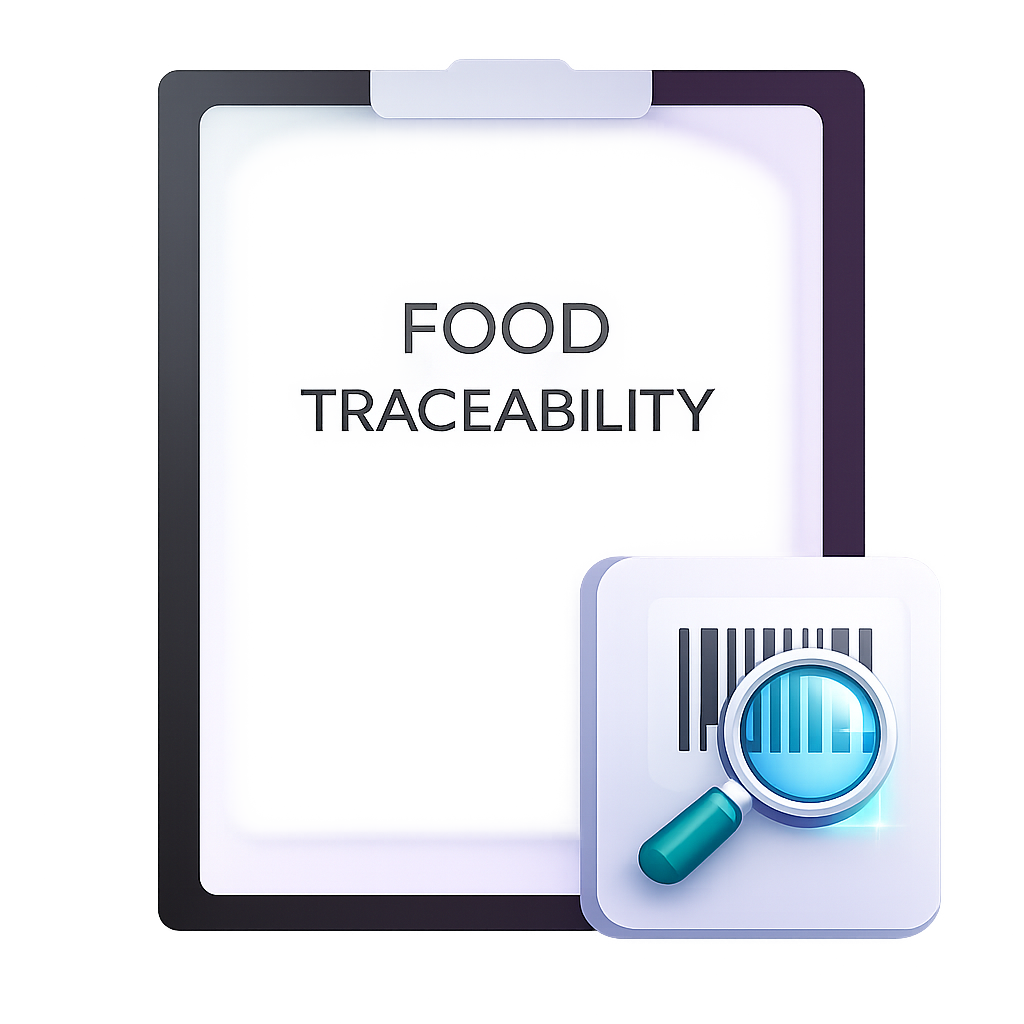
Introduction
AI agents have already become indispensable tools for businesses aiming to enhance efficiency, reduce costs, and improve decision-making processes. The global AI agents market is projected to grow to $47.1 billion by 2030, reflecting a compound annual growth rate (CAGR) of 44.8%
The compliance sector is experiencing significant transformations due to AI agents. Companies are leveraging AI to automate compliance processes, enhancing accuracy and reducing manual workloads. This shift is leading to improved efficiency and a reduction in operational risks.
In healthcare, AI agents are revolutionizing patient care by providing personalized treatment plans, improving diagnostic accuracy, and streamlining administrative tasks. 90% of hospitals are expected to adopt AI agents by 2026, aiming to improve predictive analytics and patient outcomes
The human resources (HR) sector is also benefiting from AI agents. AI-driven tools are automating administrative tasks, such as scheduling interviews and processing applications, allowing HR professionals to focus on strategic initiatives. AI agents are automating 75% of resume screening tasks, streamlining hiring processes and allowing HR professionals to focus on strategic initiatives
As AI agents continue to evolve, their role in business is expected to expand, offering new opportunities for growth and efficiency. Staying informed about these developments is crucial for businesses aiming to remain competitive in this AI-driven landscape.
What is an AI Agent and How it Works
AI agents are autonomous software entities designed to perform tasks, make decisions, and solve problems to achieve specific goals with minimal human intervention. They utilize advanced artificial intelligence techniques to analyze data, adapt to new situations, and take actions, thereby automating complex workflows and augmenting human capabilities.
Key Characteristics of AI Agents:
- Autonomy: Operate independently, executing tasks without constant human oversight.
- Adaptability: Learn from experiences and adjust to new environments or information.
- Interactivity: Engage with users and other systems, facilitating seamless communication.
- Goal-Oriented: Focus on achieving predefined objectives efficiently
These AI agents come in both open-source and closed-source versions and are widely adopted in various business functions, such as human resources, finance, customer service, administration, marketing, sales, logistics, and hiring. The flexibility of AI agents makes them adaptable across industries, whether it’s for creating a minimum viable product (MVP) or for complex, custom enterprise solutions.
AI agents can be deployed in multi-agent systems, meaning they can work together, autonomously or collaboratively, to achieve business objectives across different departments. Their modular nature enables businesses to scale and customize the use of AI agents to suit their specific needs.
Business Applications of AI Agents
AI agents are revolutionizing various business functions by automating tasks, enhancing efficiency, and providing personalized experiences. Below are key applications of AI agents across different business domains, along with real-world examples:
- Customer Service & Support
AI agents, such as virtual assistants and AI-powered helpdesks, handle customer inquiries, provide support, and resolve issues efficiently.
Example: Intercom's AI customer service agent, Fin, has answered over 13 million questions for its 4,000 customers, demonstrating significant utility over traditional chatbots.
- Sales & Lead Generation
AI-driven outreach and personalized recommendations help businesses identify potential customers and tailor their sales strategies.
Example: AI agents can analyze customer data to generate personalized sales pitches, increasing conversion rates and customer engagement.
- Marketing Automation
AI agents automate content generation and social media management, enabling businesses to maintain consistent and engaging marketing campaigns.
Example: AI tools can create and schedule social media posts, analyze engagement metrics, and adjust strategies in real-time to optimize marketing efforts.
- HR & Recruitment
AI-powered screening and employee onboarding streamline the recruitment process, ensuring a better fit between candidates and job roles.
Example: AI agents can analyze resumes and conduct initial interviews, shortlisting candidates who best match the job requirements.
- Compliance & Legal
AI agents assist in document analysis and policy enforcement, ensuring businesses adhere to regulations and legal standards.
Example: AI tools can scan and analyze legal documents to identify compliance risks, reducing the time and effort required for manual reviews.
- Finance & Accounting
Automated bookkeeping and fraud detection are enhanced by AI agents, improving financial accuracy and security.
Example: AI agents can monitor financial transactions in real-time, detecting anomalies and potential fraud, thereby safeguarding company assets.
By integrating AI agents into these business areas, companies can achieve greater efficiency, accuracy, and customer satisfaction, leading to a competitive advantage in the market.
Real Examples of Using AI Agents in Business
We have already discovered that AI agents can be applied in different business fields. Now, let’s look at real examples of AI Agent use cases.
IONI
IONI is an AI agents platform designed to streamline compliance processes through advanced features such as gap analysis, document drafting, and real-time insights. By leveraging IONI, businesses can enhance efficiency, ensure accuracy, and maintain alignment with regulatory standards.
Key Features of IONI:
- Gap Analysis: Quickly process large volumes of compliance documents to identify gaps against regulatory requirements, ensuring comprehensive compliance.
- Document Drafting: Easily create and update documents and policies using AI, saving time and enhancing consistency.
- Real-Time Insights: Receive guidance grounded in the latest regulations, with quick access to sources and citations for informed decision-making.
Feel free to contact us to learn more about how IONI can assist in automating tasks related to data processing, documentation analysis, and compliance.
Skott is an AI-powered marketing agent, designed to automate and enhance various marketing tasks for businesses. By integrating research, content creation, and social media management, Skott enables companies to execute comprehensive marketing strategies with greater efficiency and effectiveness.
Key Features of Skott:
- Comprehensive Research: Skott autonomously conducts in-depth research to generate high-quality, SEO-optimized content, ensuring that marketing materials are both relevant and engaging.
- Content Creation: The platform produces a wide range of content, including blog posts and social media updates, tailored to the target audience and aligned with current trends.
- Seamless Publishing: Skott manages the scheduling and publication of content across various platforms, maintaining consistency and maximizing reach.
- Predictive Marketing: By analyzing historical data, Skott forecasts future trends and customer behaviors, allowing businesses to proactively adjust their marketing strategies for optimal results.
- Streamlined Campaign Management: The platform offers a centralized dashboard for monitoring key performance indicators (KPIs) in real-time, facilitating data-driven decision-making.
Intercom has revolutionized customer support with its AI-powered solutions, notably through its AI Agent, Fin. Fin leverages advanced AI technologies, including OpenAI's GPT-4, to handle a significant portion of customer queries, allowing support teams to focus on more complex issues.
Key Features of Intercom's AI Customer Support:
- Automated Query Resolution: Fin can resolve up to 50% of customer queries instantly, reducing response times and enhancing customer satisfaction.
- Contextual Understanding: By collecting essential information upfront, Fin ensures that support representatives have all the context needed to address queries efficiently.
- Integration with Existing Content: Fin utilizes existing help content to provide accurate and consistent answers, ensuring customers receive reliable information 24/7.
By integrating AI into customer support, Intercom enables businesses to deliver faster, more efficient, and scalable support solutions, enhancing both customer and team experiences.
How to Implement AI Agents in Your Business
Now, let’s talk about implementation. Implementing AI agents in your business requires a structured approach to ensure that the technology delivers tangible results. Below are key steps for integrating AI agents effectively:
1. Identifying Business Needs and Use Cases
The first step in implementing AI agents is to clearly identify your business needs and determine where AI agents can add value. This could include customer service, data analysis, compliance management, or even automating repetitive tasks. The goal is to pinpoint areas that would benefit most from automation and where AI agents can increase efficiency or improve customer experience. For example, if your business frequently handles customer inquiries, a virtual assistant could be an ideal solution.
2. Choosing the Right AI Agent Platform
Once you’ve identified the use cases, it’s crucial to choose the right AI agent platform that aligns with your business needs. Consider factors like ease of integration, scalability, customization options, and industry-specific features. Some platforms offer pre-trained models that are ready for deployment, while others allow for deep customization. Evaluate platforms that can adapt to your unique requirements—whether you’re looking for a simple chatbot or a more complex multi-agent system capable of handling various workflows.
3. Training and Fine-Tuning AI Agents
AI agents are only as effective as the data they’re trained on. During implementation, it’s important to train and fine-tune your AI agents using relevant data. This includes feeding the agents with historical data, customer interactions, and real-world scenarios that they will encounter. Fine-tuning involves optimizing the AI models so they can better understand and respond to specific tasks within your business. Regular updates and training are key to ensuring that the AI agents continue to perform well and improve over time.
4. Measuring Success and ROI
After deployment, it’s essential to track and measure the success of your AI agents. Key performance indicators (KPIs) such as response time, customer satisfaction, cost savings, and process efficiency should be monitored regularly. Calculating the return on investment (ROI) will help you understand the impact of AI agents on your business. Use metrics like time saved on manual tasks, increased sales, or reduced customer support costs to gauge the success of the implementation.
By following these steps, businesses can successfully integrate AI agents into their operations, realizing the full potential of this transformative technology while driving efficiency and enhancing customer experiences.
Conclusion
As we move further into 2026, AI agents are proving to be a game-changer for businesses across various industries. From automating routine tasks to enhancing customer interactions and improving decision-making, AI agents are becoming indispensable tools for companies looking to streamline operations and drive innovation. The flexibility of AI agents - whether used for customer support, compliance, or content generation - offers organizations the ability to create customized solutions tailored to their specific needs.
To stay ahead in this fast-evolving landscape, businesses must embrace AI adoption strategically. By identifying key areas where AI agents can add the most value, selecting the right platforms, and continuously optimizing their use, companies can enhance productivity, improve customer experiences, and remain competitive. Additionally, ongoing training and fine-tuning of AI agents will ensure they continue to evolve and meet the growing demands of the market.
The future of AI agents is bright, and businesses that invest in these technologies today will be well-positioned for success tomorrow. By staying informed, agile, and proactive in adopting AI solutions, companies can unlock new opportunities and gain a significant edge in their respective industries.


.png)






